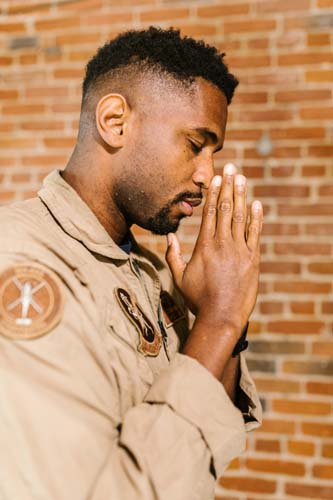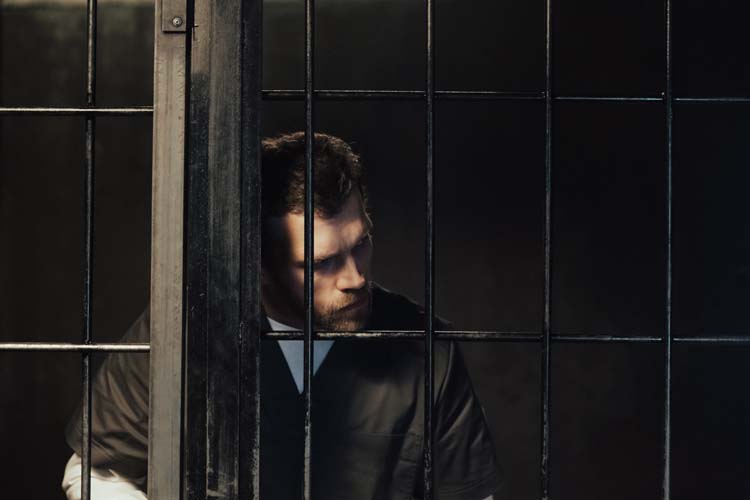
Healing Shame
I’ve worked with shame all my life – which means, I have studied it deeply within myself, and have extensive training in working with shame with my clients. I am

Bound By Shame
Brody is my psychotherapy client – and a psychotherapist himself. In one particular session, he shares with me what happens when he goes into a room full of people; the

Wrongness
Beginning Let’s start: you’re a newborn infant, and your mom’s whole face – her whole body, her touch, her hands, and her heart go all soft and marveling the moment

What Am I Really Upset About?
Depth Diving Touching into and then inhabiting emotion and our feeling selves draws us in and down, toward the realm of being where we actually are at all times. Our

Extraordinary Space
Grace Space A space of grace shows up when I work with people. I can’t account for it, neither through my professional training nor in terms of how good or
